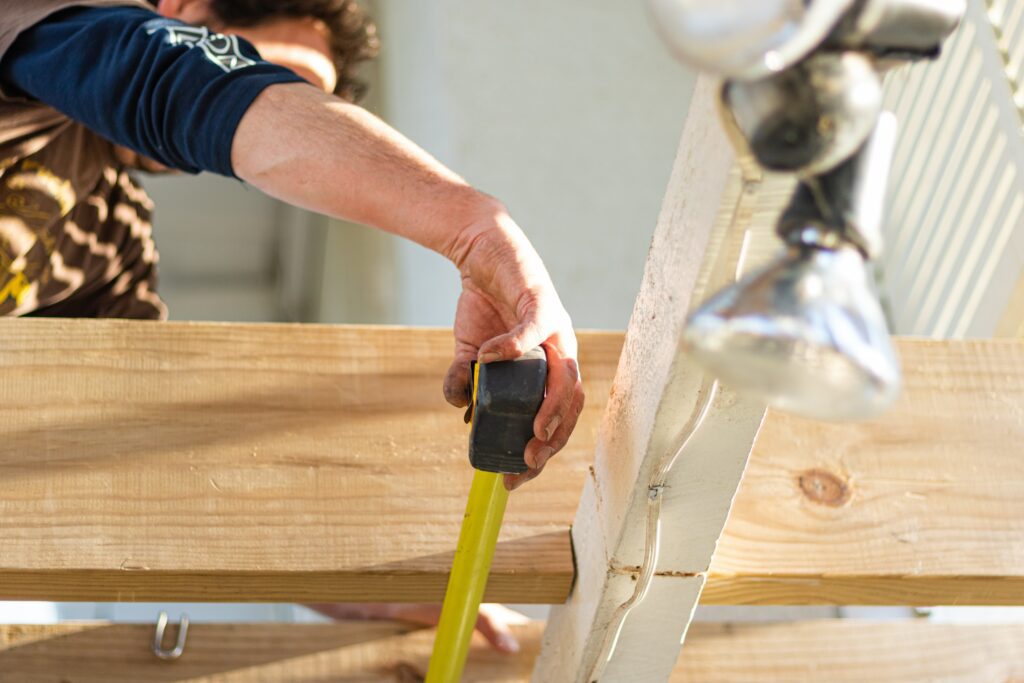
How to Select the Correct Timber for Your DIY Decking Project
Adding a natural timber deck to your home will not only expand your living space into the great outdoors, but will also enhance your home's aesthetic value.
With a bit of 'deckspertise', quality timber, and the right tools you can easily knock up a deck in a few days time.
You can use our DIY timber decking guide and prepare all of your materials prior to construction day which will save you time and money.
Many hands make light work, so invite a few mates and soon you will be stoking the grill to celebrate your new deck with its first barbecue!
Timber Selection Tips
Decks are constructed of many components including timber and hardware. Timber pieces for natural decking typically include posts, framework, joists, planks, handrails, balusters, and trim.
You will want to select a durable timber, suitable for outdoor use. Decking can be a combination of hardwood and softwood.
A dense softwood, such as treated pine, is very popular post and framework material because it is durable yet supple. Treated pine is affordable, and also a good choice for deck planks because it easily absorbs stain so has a variety of finished colouring options.
Hardwoods, such as Merbau, are often used as deck planks due to their longevity.
Narangba Timbers will assist you to select the most appropriate timber for your deck. Be aware of these additional timber qualities when you visit your timber supplier.
Durability Class
Australian timbers are rated by durability from Class 1, very durable/external use, to Class 4, non-durable/indoor use.
The rating refers only to the untreated hardwood of a species and does not refer to any additional treatment.
Decking components are typically constructed from Class 1 or Class 2 timbers.
Strength Rating
F and MGP ratings indicate the timber's strength when under stress.
An F7 rating, or greater, is appropriate for softwood posts and joists whereas an F11 rating is appropriate for hardwood posts.
Hazard Class
Australian timbers that have been treated to prevent infestation are provided a hazard class, from 1 to 6, to indicate where the treated timber may be safely installed (ex. indoors, ventilated, outdoors, contact with fresh or salt water).
H3 class timber may be used outdoors, above ground. H4 or H5 classes of timber may be used outdoors, in contact with the ground.